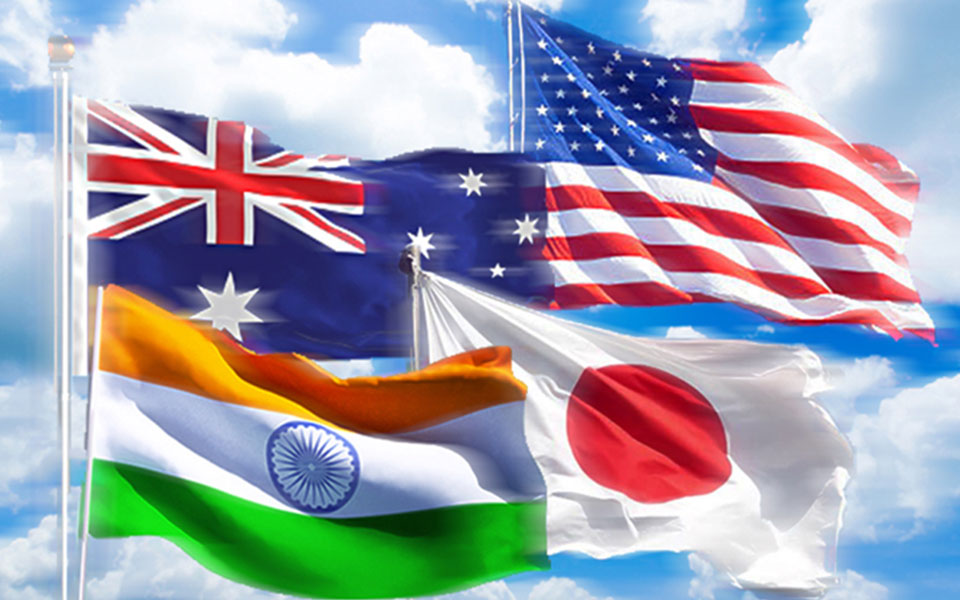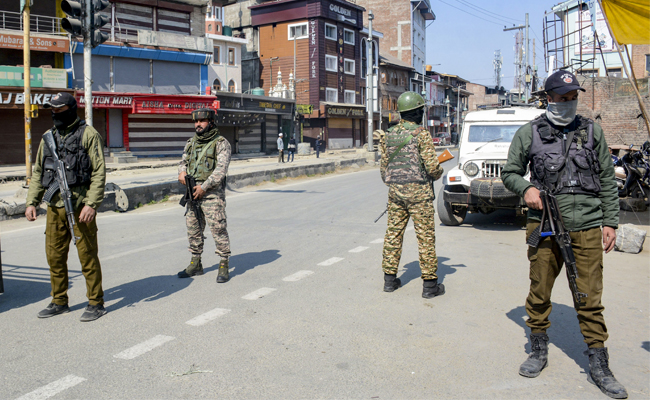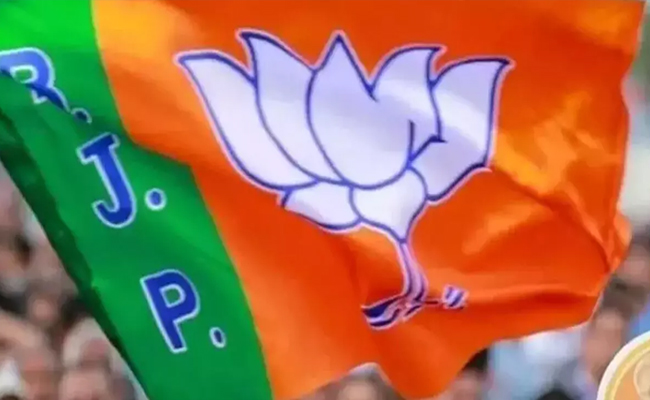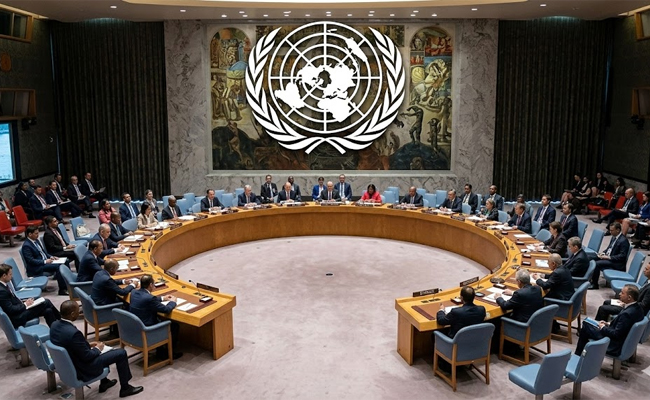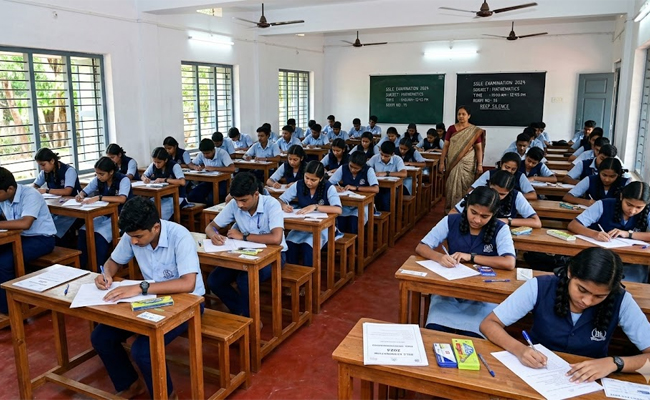New Delhi, June 7: The quad comprising India, the US, Japan and Australia met in Singapore on Thursday and reiterated their call for a free and prosperous Indo-Pacific and to promote a rules-based order in the region.
According to an External Affairs Ministry statement here, foreign ministry officials of the four countries met on the sidelines of Association of Southeast Asian Nations (Asean) Senior Officials Meeting in the southeast Asian city state.
It said the four nations considered ways to pursue shared objectives in the areas of connectivity and development, regional security, including counter-terrorism and non-proliferation, humanitarian assistance, disaster relief and maritime cooperation.
The Indian side, which was represented at the Joint Secretary-level, highlighted India's vision for the Indo-Pacific Region as outlined in Prime Minister Narendra Modi's keynote address at the Shangri-La Dialogue in Singapore earlier this month.
In his speech on June 1, Modi said that India's vision for the Indo-Pacific region is that of a free, open and inclusive region that embraces all in a common pursuit of progress and prosperity.
"India does not see the Indo-Pacific region as a strategy or as a club of limited members," Modi said while delivering the keynote address at the Shangri-La Dialogue, the Track I annual inter-governmental security forum organised by the International Institute of Strategic Studies (IISS) think tank.
According to the External Affairs Ministry statement, in Thursday's meeting of the quad that was revived on the sidelines of the Asean Summit in the Philippines in November last year, the participants reaffirmed their support for a free, open, prosperous and inclusive Indo-Pacific region.
"They also confirmed their common commitment, based on shared values and principles, to promote a rules-based order in the Indo-Pacific," the statement said.
"The participants reaffirmed their strong support for Asean centrality and Asean-led mechanisms in the regional architecture for the Indo-Pacific," it stated.
"They agreed to partner with all countries and institutions in the region to promote the shared vision of a peaceful, secure and prosperous Indo-Pacific, including through such plurilateral formats."
The quad's views reflect New Delhi's stand that the 10-nation Asean regional bloc is central to peace and prosperity of the Indo-Pacific region.
The idea is for the four countries to promote free trade and defence cooperation across a stretch of ocean from the South China Sea, the Indian Ocean and all the way to Africa.
The emerging quadrilateral is seen to counter China's aggressive maritime expansion under its Belt and Road Initiative. China's plans would cement a sphere of influence for Beijing well beyond Asia.
During French President Emmanuel Macron's visit to India in March this year, both sides announced a broadbasing of their ties through a joint strategic vision for cooperation in the region that agreed on the need to establish an open, inclusive and transparent cooperation architecture for peace, security and prosperity there.
Though France is not against the quad of India, the US, Japan and Australia, Paris would rather like to work with New Delhi bilaterally in the Indian Ocean Region given that there are around two million French citizens in its territories in the region.
Thursday's meeting in Singapore came ahead of Modi's bilateral summit with Chinese President Xi Jinping in Qingdao, China, on June 9 on the margins of this year's Shanghai Cooperation Organisation (SCO) Summit.
Let the Truth be known. If you read VB and like VB, please be a VB Supporter and Help us deliver the Truth to one and all.
Srinagar (PTI): Normal life in Kashmir was affected for the fifth consecutive day as partial restrictions on movement of people remained in force as a precautionary measure.
The restrictions were imposed on Monday after spontaneous protests broke out across Kashmir a day earlier against the killing of Iran's supreme leader Ayatollah Ali Khamenei in US-Israel joint strikes.
Chief minister Omar Abdullah on Wednesday held a meeting with civil society representatives and religious leaders as part of efforts to bring the situation back to normalcy.
ALSO READ: Protests against Khamenei's killing: Curbs remain in force in Kashmir
After the meeting, Abdullah appealed to people to maintain peace while expressing grief and anger in "mosques, shrines and Imambaras".
The government has shut educational institutions till Saturday, and reduced mobile internet speeds.
"Restrictions on the movement and assembly of the people continued in many parts of Kashmir on Thursday," the officials said.
A large number of police and paramilitary CRPF personnel were deployed across the city to prevent gatherings of protestors, the officials said.
They added that concertina wires and barricades were placed at important intersections leading into the city, while asserting that these were precautionary measures imposed to maintain law and order.
The iconic Ghanta Ghar in the city centre of Lal Chowk here continued to remain a no-go zone after the authorities sealed area with barricades erected all around it on late Sunday night.
The move to seal the Ghanta Ghar came after it witnessed massive protests on Sunday after Khamenei's assassination in the joint air strikes by the US and Israel.
This is the first time since August 2019 -- when Article 370 was revoked -- that protests on such a large scale have taken place in Kashmir.

